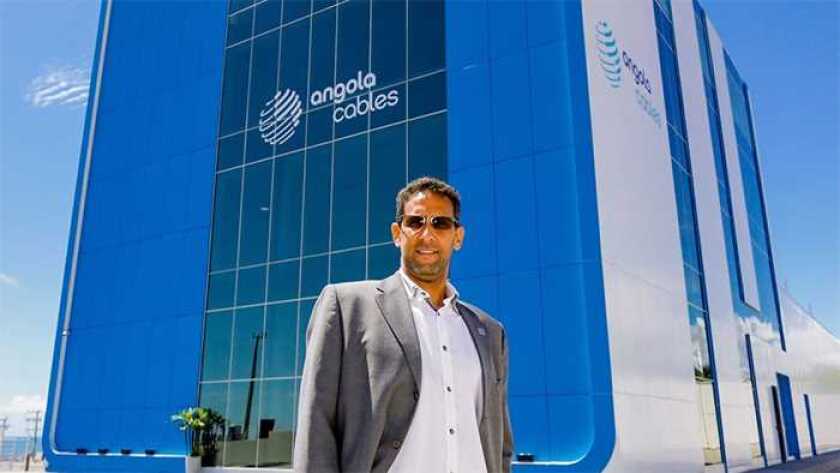The aim was to position and promote Angola as a major telecommunications hub on the continent of Africa.
“Today, Angola Cables is a leading multinational telecoms entity, with an international reputation that garners the respect of operators and players in the telecommunications and data center markets across the world,” said Nunes (pictured) today. He has now ended his role as CEO.
“We have a strong and efficient company led by competent and experienced individuals and I am confident and emboldened by the fact that the company is well placed to grasp the many opportunities that are emerging in our constantly evolving digital world,” he said in a post on LinkedIn.
The company has “delivered on all our planned infrastructure projects and builds”, he added.
The first cable, Monet, has been in operation since the end of 2017 connecting São Paulo and Fortaleza, Brazil to Miami in the US. Its South Atlantic Cable System (SACS) links Fortaleza, Brazil with Luanda, Angola. The company is building an advanced data centre in Praia do Futur on the Ceará coast of Brazil.
Angola Cables is also one of the largest shareholders of WACS (West Africa Cable System), which links South Africa to London, providing services to operators in Angola and the sub-Saharan region, making it one of the largest IP providers in the region.
Sales volumes have increased and “the cost optimisation processes, based on the traffic volumes reached, have had a positive impact on our network and has improved overall efficiencies across the business”.
Companies such as Facebook and Google “are expanding their business operations in Africa”, he notes, “something that we as a company foresaw when conceptualising and developing Angola as a primary hub or digital ecosystem for Africa’s future international connectivity”.
He adds: “Our aspirations to create a south-south connection from the Americas to Asia is now fast becoming a reality and these efforts are being noted by the global telecoms sector.”
Nunes adds that: “I now turn my attention and energies to new challenges and projects driving our future digital world.”
He trained as an electrotechnical engineer at the Technical University of Dresden, starting when it was in East Germany and completing his studies two years after the 1990 unification of Germany. He joined Angolan operator Unitel and joined Angola Cables – some time after the call from the government – in February 2012.






